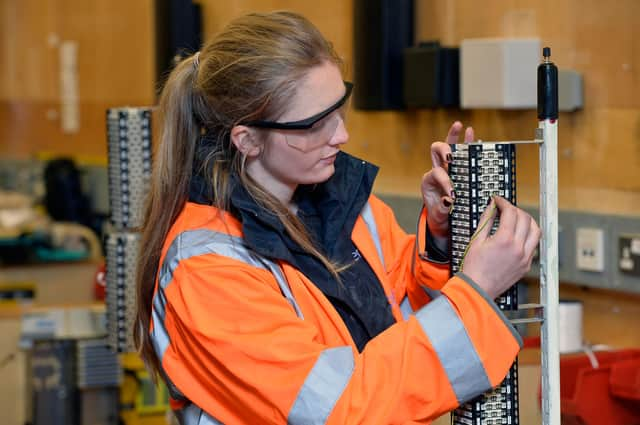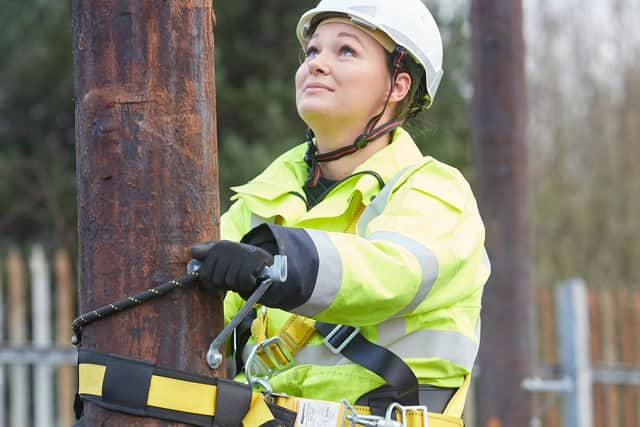Openreach moves towards engineering inclusivity


Digital network business Openreach has seen a dramatic improvement in female recruits across the Yorkshire and the Humber this year – after putting the language it uses to recruit employees under the microscope.
Earlier this year, the company undertook research with linguistic specialists Linguistic Landscapes and gender bias expert Dr Chris Begeny from Exeter University which revealed that women were 50 per cent less likely to consider roles that had a coded gender bias.
Since then it’s made significant changes to the way it advertises jobs, which has helped to drive big improvements in the number of women coming into new roles in 2021.


The company is recruiting some 340 people into engineering roles in Yorkshire and the Humber in the current financial year, and to date 20 per cent of the intake is female – a statistic that in previous years struggled to make double figures.
North of England partnership director Robert Thorburn said: “Male-dominated industries like engineering have traditionally been challenging for women. Research into the language barriers that impact female job applicants has shown that it plays a fundamental role in the recruitment process.
“Engineering is a varied, stimulating and valuable career and it’s really important that we present it in ways that encourages as diverse a workforce as possible.
“We’ve been amazed to see just how much of a difference subtle changes in language can make. Despite four in five women admitting they wouldn’t consider working in engineering, more than half were interested in an entry-level engineering role once it had been rewritten in a consciously-unbiased way.
“This is just one way we’re driving change to put our values at the heart of what we do. While we’re tackling the challenge on a number of fronts, we’ve been encouraged to see a significantly higher percentage of women joining our Yorkshire workforce this year.”
Find out more here